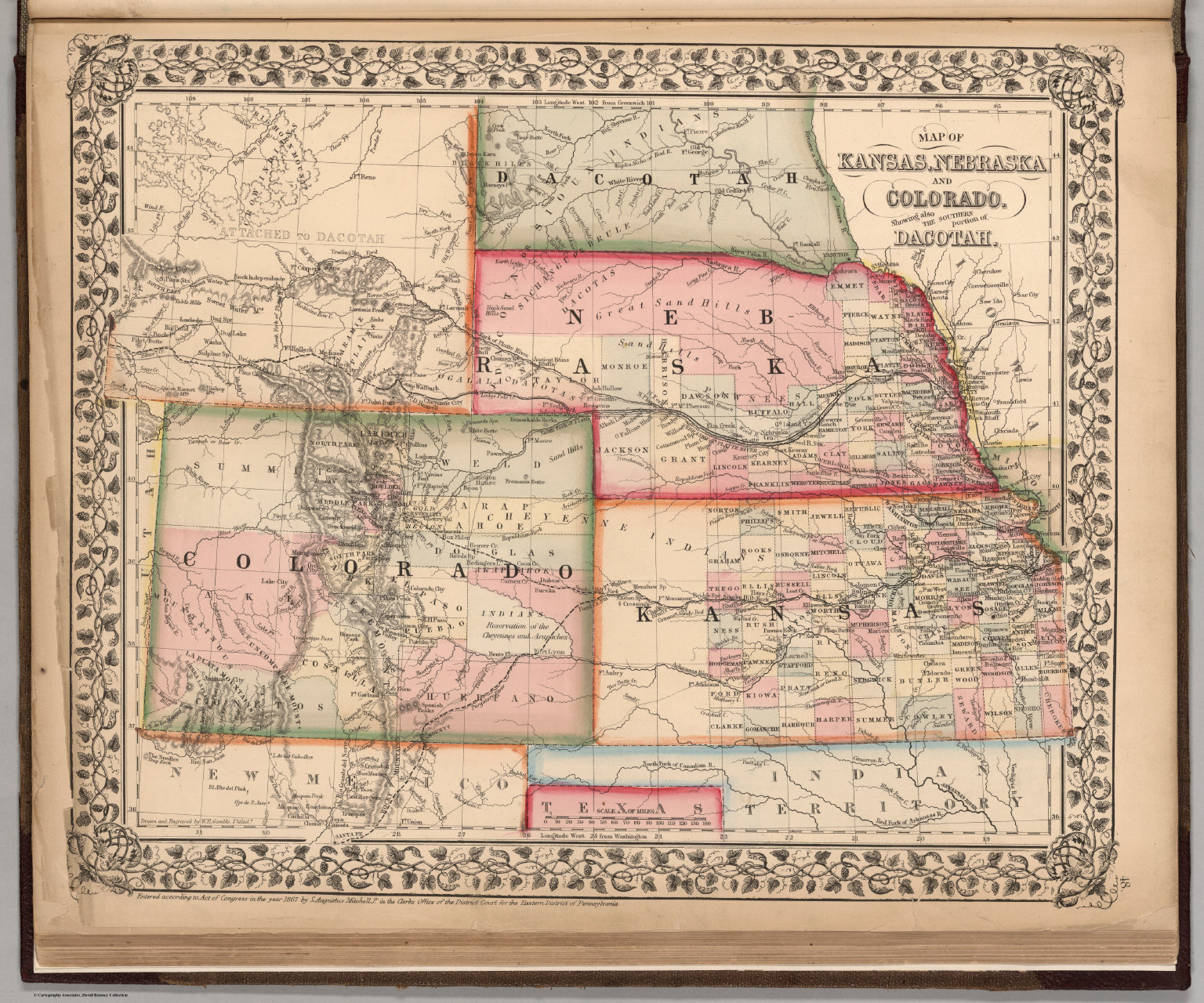


A third motive is the challenge (and perverse pleasure) of tackling the pitfalls, foremost of which is research.

A second reason is banal but overlooked: a novel must be set both somewhere and "somewhen", and the choice is restricted to the present, the future and the past.
#David mitchell author code
A third reason for the genre's popularity is simply that while the needs of the human heart and body stay much the same, the societies they must live in vary dramatically between centuries and cultures, and to watch people livepeople whom we might have been had we been born thenunder different regimes and rules is fascinating for its own sake.Īnd why write a historical novel? Writers' motives are as varied as criminals', but I suspect that the historical novelist's genetic code contains the geeky genes of the model-maker there is pleasure to be had in the painstaking reconstruction of a lost world. The novel's Ace of Spades is subjective experience, which is a merit or demerit depending on how the card is played and who you areMargaret Mitchell's Gone with the Wind can be either a sublime evocation or a toxic travesty. A second reason is genealogical: if History is the family tree of Now, a historical novel (such as Alex Haley's Roots) may illuminate the contemporary world in ways that straight history may not. Why, then, the enduring popularity of historical fiction? One reason is that it delivers a stereo narrative: from one speaker comes the treble of the novel's own plot while the other speaker plays the bass of history's plot. Small hope, but my reading led me to a new respect for a genre which too often gets associated with blue-rinses and rags-to-riches family sagas. This being my first, I read a number of others to avoid reinventing wheels. Rather, only within this genre could the book be written. I didn't set out to write a historical novel just for the heck of ityou'd have to be mad. (No mean feat of engineering, thisreclamation projects have pushed the shoreline hundreds of yards away.) Back in 1994 I wasn't a published writer, but the place crackled with fictional potential, and twelve years later I began to reconstruct Dejima myself in a book now published as The Thousand Autumns of Jacob de Zoet. Dejima went to seed after the Japanese opened up other ports to international trade from the 1850s onwards, but a full-scale reconstruction is now underway. This was my first encounter with Dejima, the Dutch East India Company's furthest-flung trading "factory" and its most exclusive bragging point: during the two and a half centuries of Japan's isolation, this man-made island in Nagasaki harbor, no bigger than Trafalgar Square, was the sole point of contact with the West. "I didn't set out to write a historical novel just for the heck of ityou'd have to be mad."Īround Christmas in 1994 in Nagasaki I got off at a wrong tram-stop and stumbled upon a greenish moat and cluster of warehouses from an earlier century. Some of the real-life people who inspired his characters. In two separate pieces David Mitchell explains why he "didn't set out to write a historical novel just for the heck of it" and talks about his first novel, Ghostwritten, revealing


 0 kommentar(er)
0 kommentar(er)
